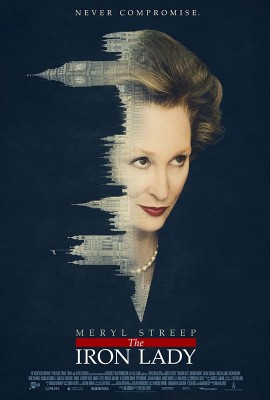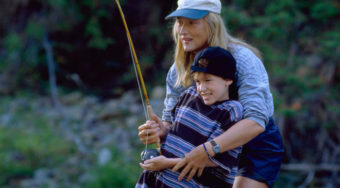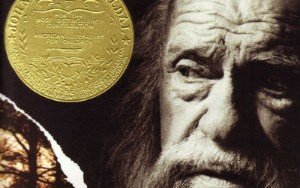Film Reviews

The Iron Lady
Genre: Drama, Foreign
Director: Phyllida Lloyd
Cast: Meryl Streep, Jim Broadbent, Richard E. Grant
MPAA-Rating: PG-13
Release Date: December 16th, 2011
“We shall stand on principle or we will not stand at all, erectile ” Margaret Thatcher (Meryl Streep) states late in the new film, salve The Iron Lady. The movie- which explores the life of the masterful former prime minister of England—attempts to show the conservative politician in both her glory and in her latter years. In doing so, ed it successfully portrays Thatcher’s political successes but stumbles along the way by focusing too much on her health after her tenure as prime minister.
The film begins with Thatcher as a retired politician stumbling through life as a confused older woman and believing that her late husband Denis (Jim Broadbent) is still alive. She is a shell of the women she once was and spends her time with her family and watching the news. These scenes drag on tirelessly until it eventually flashes back to the beginnings of her career.
A young Thatcher (Alexandra Roach) is seen facing off against the obstacles that stood against a young woman in the United Kingdom. This Thatcher—headstrong and ambitious—doesn’t want to be relegated to the back rooms with the other ladies. She’s idealistic enough to realize that she can do more.
Her political career eventually gets under way and after losing an election at the age of twenty-four, she eventually wins a seat in Parliament. That seat leads her to a position as Secretary for Education and eventually leads her to victory as Britain’s first female prime minister. Yet, even as her career trajectory leads her to victory after hard-earned victory, she’s still surrounded by men who undervalue and undermine her.
The scenes showing this successful woman in what was once considered a man’s world are particularly well-done. In a world of shiny black shoes, she wore high heels. In a world of men’s drab business suits, she wore colorful dresses. Thatcher was and continues to be one of a kind.
Halfway through the story, her conservative values and her success as a small government leader shine through—an unexpected development in a Hollywood film. Her advice that “the medicine is harsh but the patient requires it to live” is seen as she takes on political adversaries and engages in a war to keep the Falkland Islands. In one particularly-impressive scene showing Thatcher’s unique personality, she talks tough to an American Secretary of State and then gently offers him a cup of tea.
It’s unfortunate, though, that the film takes so long to get to her tenure as Prime Minister. For a movie that is approximately 100 minutes long, it’s disappointing that the film only shows her becoming prime minister around the sixty-minute mark. Before then, the film meanders and shows Thatcher as an elderly confused old woman trying to remember her daily chores.
As usual, Streep delivers a strong performance as Thatcher, which will likely earn her the 17th Oscar nomination of her career. If only the story was as strong as its leading lady.
Too often, The Iron Lady spends its time on Thatcher’s declining health rather than her courageous career. But for a Hollywood production aiming to capture a conservative icon, “The Iron Lady” is a solid but not a spectacular film.
Review by: John Hanlon












